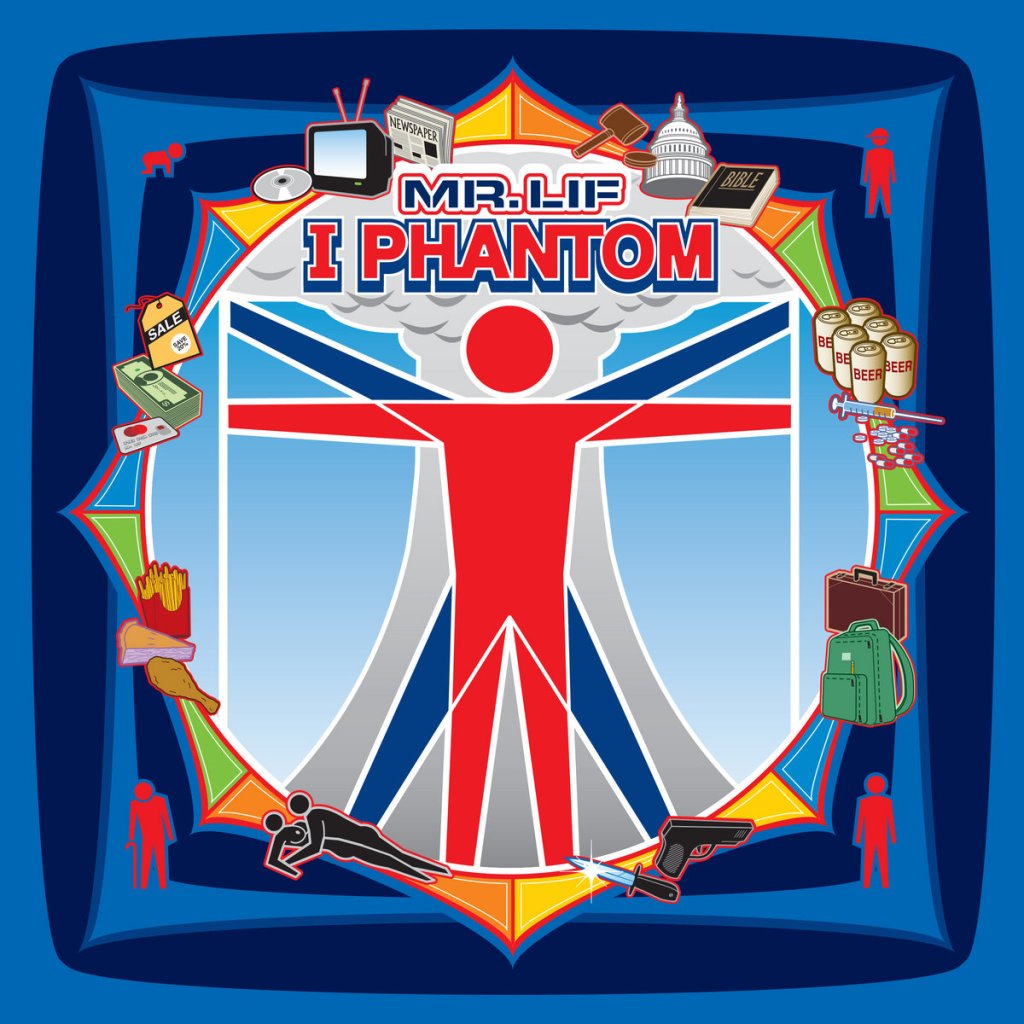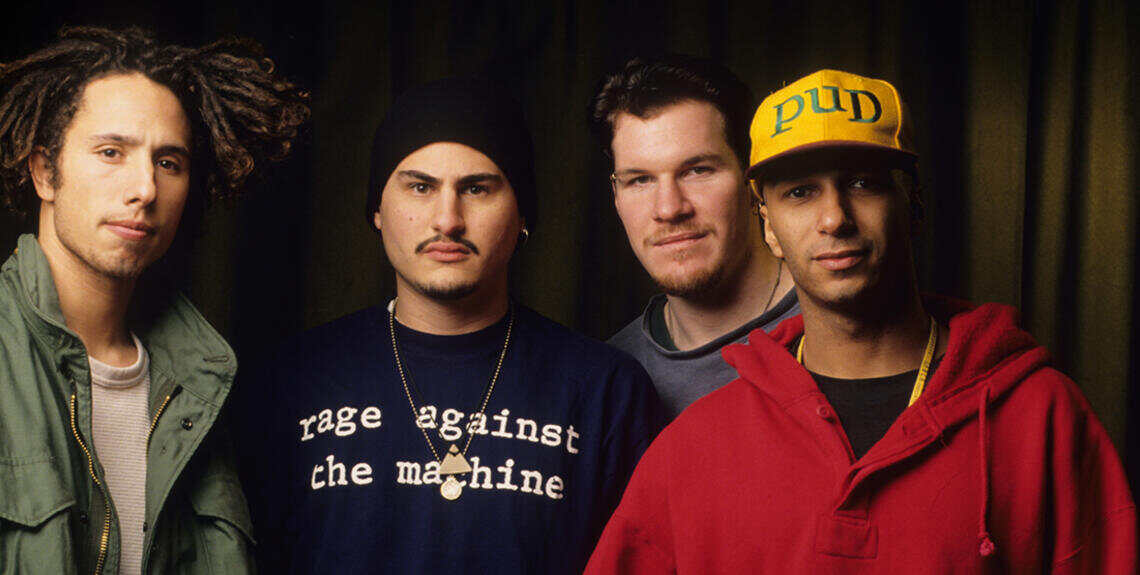Music has always been a strong platform for people to express their emotions and their beliefs about a particular situation or simply about whatever’s on their mind. A lot of thought is put into how a song is made, and as a result, everyone has a different interpretation of its message.
For example, Creep by Radiohead, to some listeners, is about a young man who has low self-esteem and has fallen in love with someone whom he considers way out of his league. For others however, the song is about said young man struggling against his own self-loathing and depression as he feels outshined by a peer.

Creedence Clearwater Revival
“Willy and The Poor Boys” album by Creedence Clearwater Revival.
Both are valid interpretations as music is all about how we connect to it. Music often has messages and commentaries on society as a whole that can appeal to anyone. These messages can range from partying to calling attention to social injustices.
It should be no surprise that the medium has carried and supported social justice movements for decades. There’s no easier way to call attention to an issue, then to make a song about it.
When speaking about political commentary, two genres immediately come to mind, and those are rock and hip-hop. Both of these genres have a long history of anti-establishment messages that have been used as a rallying cry for social justice activists across the nation and even the world for as long as they’ve existed.
From their very inception, rock and hip-hop were symbols of resistance against authority that spoke to the young minds of the US and beyond for years to come. These songs range from calling attention to the futility of war and its consequences, to the “war” in our very streets over racial and financial injustice at the hands of corporations and politicians.
One look at the rock genre and it becomes clear that war and financial injustice are major talking points that many bands believe need to be addressed in order for society to make any significant change for the better. When listening to these songs, one must consider the time frame they were made in.
For example, “Fortunate Son” was made during the height of the Vietnam War, and with anti-war attitudes at an all-time high, it becomes fairly obvious how the song became so famous. If it wasn’t already clear, context plays a big part in understanding a song’s political message.
Anyone can jam to a song, but to understand its core message, it’s integral that the listener thinks about the context. “Fortunate Son” is one example, but another example that’s a lot easier to recognize is the entirety of Rage Against the Machine’s discography.
If it wasn’t evident by the name, Rage Against the Machine (RATM), used their platform to not only call attention to the political issues of the past twenty years before their inception (they were formed in 1991), but to demand the listener do more than just listen.
RATM didn’t just call for action, they demanded action and gave scathing reasoning for why it’s so imperative that the listener get angry and fight for change. After all, there aren’t many bands that can say they helped shutdown the New York Stock Exchange.
Meanwhile, instead of high-octane calls of action, hip-hop tells a story of pain and sorrow from the perspective of the lyricist and encourages the listener to fight against their struggles in order to make a positive change.
The lyricist will often call attention to the plights of their peers and highlight the cause of said plights in hopes that the listener will work to help resolve the issues that create these tragic situations.

Genius Lyrics
“We Can’t Be Stopped” album cover.
Songs like “Mind Playing Tricks on Me” and “Six Feet Deep” by Geto Boys highlighted mental health issues and the high rates of mortality in black neighborhoods in the ’90s as a result of poverty and gang violence created due to systematic injustice from white Americans both in and out of positions of power.
In a similar vein to rock, Mr. Lif’s “Earthcrusher” and “Live From the Plantation” call out corporate America and the military-industrial complex with scathing lyrics that don’t pull their punches in order to appease producers or record labels.
In “Live From the Plantation”, we follow a young white-collar worker expressing his anger and disdain for the corporations of America, “Mad ‘cause I sacrifice my day and it gets me, a trifling hourly wage of six-fifty,” said Mr. Lif.

Amazon
“I Phantom” album.
Meanwhile in “Earthcrusher”, Mr. Lif calls out the hypocrisy of not only the governments of the world, but of the citizens inside them that turn their eyes away from the issues that plague the world, “Napalm scorched your backs and you ask where your tax dollars went to, so now they have sent you a demonstration, devastation,” said Mr. Lif.
Mr. Lif’s album, “Live In The Middle East”, released a year and a few days after 9/11 in the midst of the US invading Middle Eastern countries so they could “wage war on terror”. Although many were in favor of these invasions at the time, there were plenty others who were opposed, with one of them being Mr. Lif.
Fast forward to 2007, and another rapper, Brother Ali, saw the same issues and decided to bring his voice to the table. In his song, “Uncle Sam Goddamn“, Brother Ali wastes no time making it clear that he believes the US is not a nation fighting for freedom and liberty, “Welcome to the United Snakes, land of the thief, home of the slave,” said Brother Ali.
One look at any of the songs listed above, and it becomes clear that music is a popular medium for bringing attention to major political issues in a way that doesn’t alienate or outright offend its listener. Ironic as it may be, bands like RATM even have conservative fans despite being very clearly leftist in nature.
There are many things that can be said about this fact, but the most straightforward thing to realize is that music is a great medium for delivering political messages in an easy-to-swallow method.
This comes from the fact that lyrics are often layered with metaphor, irony, and/or sarcasm. For example, in “Uncle Sam Goddamn”, Brother Ali isn’t saying the United States is made of literal snakes, he’s saying the nation is led by liars. Yet many listeners will confuse lyrics like this and twist them in a way that makes it easier to enjoy.
Regardless of a listener’s political beliefs, it’s clear that music has always had a strong anti-establishment presence that spans genres and generations. Whether it’s rock’s quick-paced yet heavy riffs to Hip-hop’s solemn drum beats and bass lines, both genres have created anthems of rebellion.
All it takes is one quick listen, and you’ll start to notice the lyrics of a song may be speaking about an important issue that calls to you.

